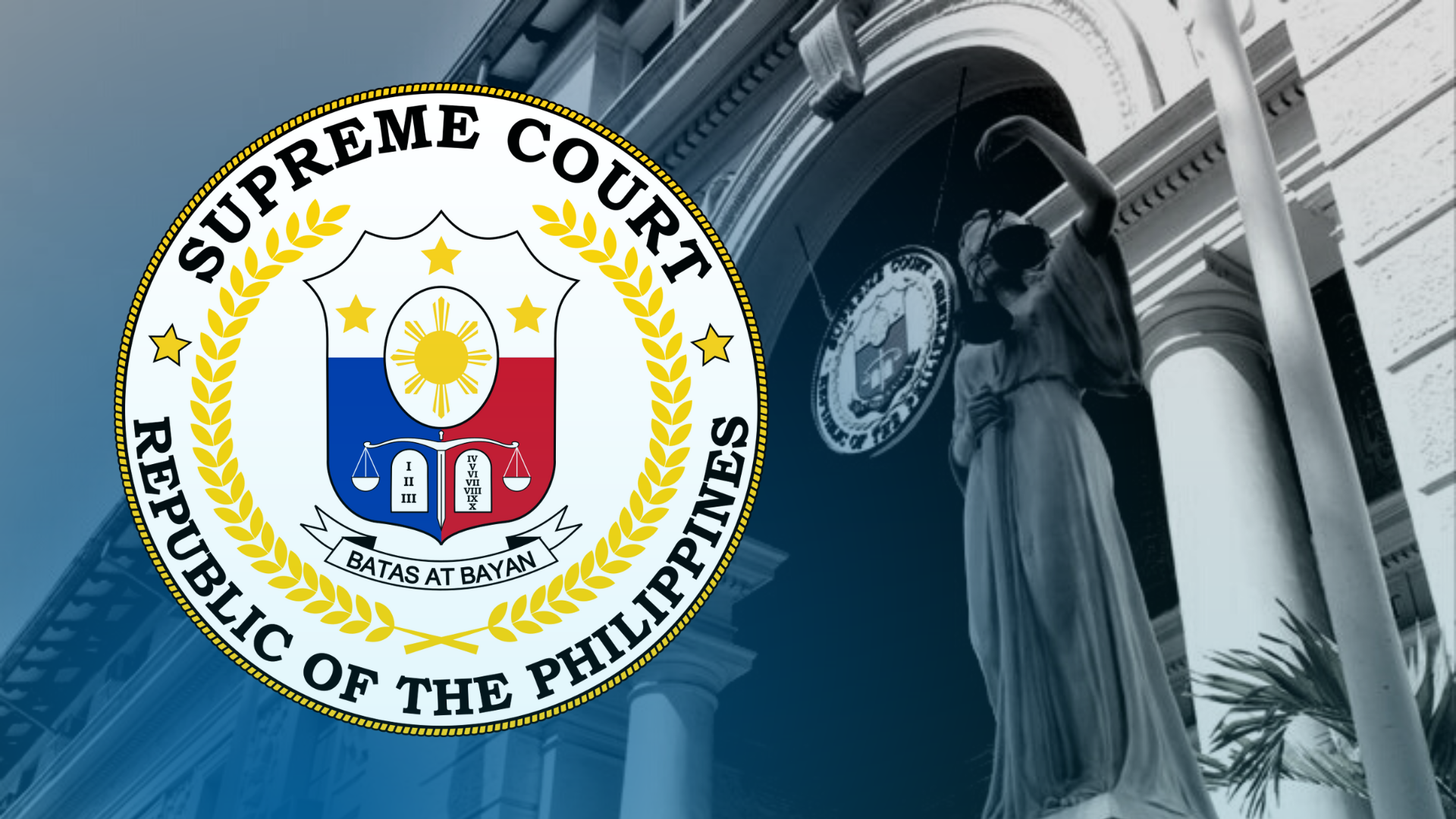CEBU CITY — The Cebu Citizens-Press Council (CCPC), composed of local media and civic leaders, has commended the Supreme Court decision that set aside an earlier ruling that found Cebu veteran broadcaster Leo Lastimosa guilty of libel.
Cebu Gov. Gwendolyn Garcia filed the libel case against Lastimosa in 2007.
In a statement released on April 8, lawyer Pachico Seares, CCPC executive director, said the council has consistently advocated for public officials to respond in kind to media criticism: with the printed or broadcast word.
“The aggrieved person has the right to reply. More than that, in the case of high officials such as the governor or mayor, there’s no compelling need to sue because each has the equivalent of a ‘bully pulpit’ and an extensive media apparatus to present one’s side or refute any accusation,” he said.
In its 18-page decision promulgated on December 5, 2022, but was only uploaded on its website on April 3, the SC’s third division said the identity of Garcia was not established in the broadcaster’s column in The Freeman titled “Si Doling Kawatan” (Doling the thief).
In the column written in Cebuano and published on June 29, 2007, Lastimosa described Doling as a “fishmonger, thief, vindictive, ill-tempered, foul-mouthed, and cruel.”
Lastimosa, however, repeatedly said that “Doling” was not the governor and that the fish vendor described in the column was an allegory he used in writing about an issue of public interest.
Garcia had told the court she felt she was the one alluded to in the column that came out in 2007. But the high court believed otherwise.
“The last element (of libel) – the element of identifiability of the victim – was, however, not established beyond reasonable doubt. The rule is that ‘[i]n order to maintain a libel suit, it is essential that the victim be identifiable although it is not necessary that he be named’,” said Associate Justice Alfredo Benjamin Caguioa, the court’s division chairperson, who penned the ruling.
Associate Justices Henri Jean Paul Inting, Samuel Gaerlan, and Maria Filomena Singh concurred while Associate Justice Japar Dimaampao was on leave.
Former Judge Rafael Yrastorza Sr. of the Regional Trial Court (RTC) in Cebu City in 2013 found Lastimosa guilty of libel. He was ordered to pay a fine of P6,000 and damages of P2 million.
The Court of Appeals (CA) affirmed Lastimosa’s conviction. It, however, modified the amount of damages from P2 million to P500,000 as moral damages.
Lastimosa sought reconsideration of the CA decision but was denied in 2017, prompting the broadcaster to elevate the case to the SC.
In December 2022, the high court found Lastimosa’s appeal “meritorious” and acquitted him of the libel case filed against him.
For an article to be libelous, the SC said the imputation must be defamatory and malicious, be given publicity, and the victim must be identifiable.
But Caguioa said the last element of libel, which is the identifiability of the victim, was not established beyond a reasonable doubt in the case of Lastimosa.
Seares said the SC, unlike the RTC and the CA, did not just accept the “say-so” of the witness who identified the victim.
“The long wait for the high court’s decision produced something new, at least in jurisprudence on libel cases involving Cebu journalists. The court questioned and struck down the claim of the witness, the ‘third person,’ presented to prove that ‘Doling’ was indeed Gwen.
RELATED STORIES
Lawmaker seeks changes in cyberlibel law
Defamation: Notes for PH legal system, free speech


